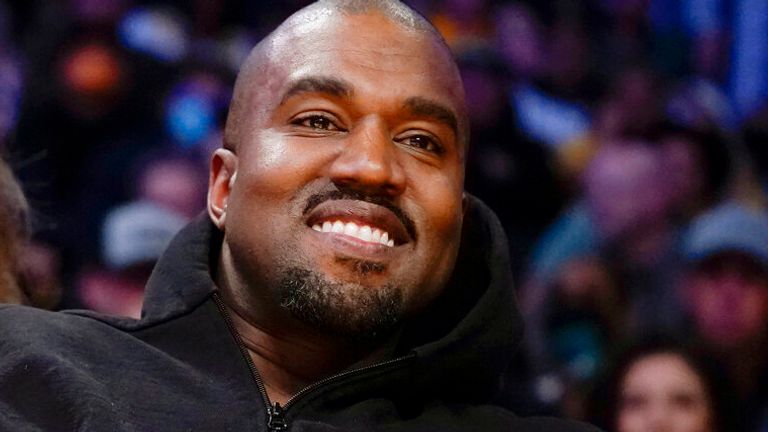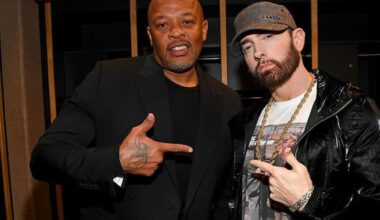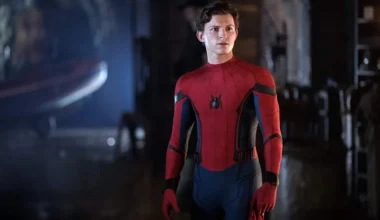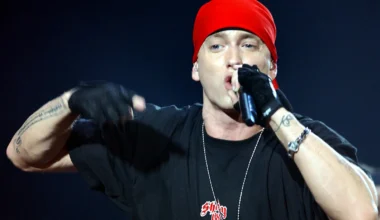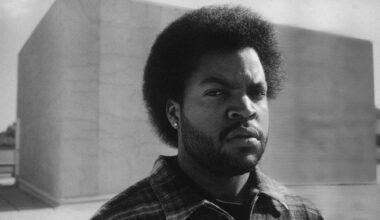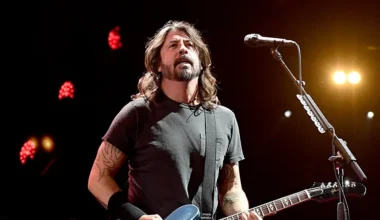Name the best single from the 2010s. No need, I’ll do it for you: ‘FourFiveSeconds’. The single showcased Paul McCartney’s penchant for melody and Kanye West’s spirited vocals melded against Rihanna’s soaring vibrato. The single demonstrated the trio at their most vibrant and creative, returning McCartney to the Billboard top five for the first time since the 1980s. He profited immensely from the collaboration, and even his loudest dissenters were swayed by the efforts. Those who were impervious to Rihanna’s pounding vocal style could state that it took a Beatle to write her best work.
But West also deserves credit for the collaboration, and he worked with the bassist on three standalone tracks, one of which was dedicated to his mother. ‘Only One’ was released on December 31st, 2014, featuring West in the midst of personal and emotional turmoil, to the delicate sound of McCartney’s piano playing. The video was directed by lo-fi wonder Spike Jonze on his iPhone. The single itself was recorded over a two-day period in Mexico, where West found the freedom of the wilderness exciting, and important to his development as an artist. McCartney, who had lost a mother as a teenager, was moved by the sentiment, as West likened himself to the mouthpiece that served between his mother and his 18-month old daughter.
From that point on, the duo worked together on ‘FourFiveSeconds’, which featured lush instrumentation from McCartney, although Gorillaz frontman Damon Albarn felt that West underserved his collaborative efforts, pushing the bassist into the background. Albarn claims he warned McCartney not to go ahead with the collaboration with West, citing it as an “abusive” one.
“I’ve got a problem with that abusive collaboration. Kanye West trapped Paul McCartney,” Albarn told French publication Nouvel Obs. “I see Paul McCartney in the video. But I don’t hear Paul McCartney on the track.” The comment spoke about Albarn’s approach to collaboration, as he tends to let singer-songwriters – Lou Reed, Shaun Ryder, Bobby Womack – take on vocal duties when he collaborates with them.
But McCartney has regularly taken a secondary role on songs he has co-written, whether it’s the jaunty melody of Elvis Costello’s ‘Veronica’, the no-holds-barred approach of Badfinger’s ‘Rock of Ages’, or the orchestral soundscapes that centres the McGear album. It’s unlikely McCartney would have collaborated on a project that he didn’t have some level of artistic control over, and he was happy to defend the collaboration in public.
“We ended up just talking a lot,” McCartney admitted to DIY. “I played a few little things, and one of them ended up as ‘FourFiveSeconds’ with Rihanna. It’s more a question of me feeling lucky that these people are interested [in working with me] and think that I can bring something to it. For me, I feel great. I like diversity.”
‘FourFiveSeconds’ certainly widened McCartney’s fanbase, opening him up to a new generation of fans who were unfamiliar with his work as either a Beatle or a member of Wings. McCartney was now in his 70s, which meant that he was long past the point of being a doe-eyed musician with a good heart, and a ubiquitous presence in the US charts. His last collaboration of note had been the choppy ‘Say, Say, Say’, which was one of the exciting pieces of the 1980s, and although it remains a mainstay on rock channels, it didn’t make an impression on a younger generation of music fans who were better accustomed to West and Rihanna.
But this was no publicity move on McCartney’s behalf, as the song features the guitar jangles that long been part of his DNA, as he had written similar arpeggios for Mary Hopkin’s ‘Goodnight’.The song showed that his ear for chiming chords was as resolute as ever, but that they needed to be catered to a more shrewd style of production. McCartney was one of eight songwriters credited on the single, but that was apposite for West, who regularly used a large number of producers and co-writers on his work. They worked together on one other song, ‘All Day’, which didn’t live up to the quality of the first two singles, but demonstrated McCartney’s eagerness to work with West for the third time.
West’s influence can be heard on Egypt Station, no masterpiece by any means, but standout tracks ‘Back in Brazil’ and ‘Frank Sinatra’s Party’ held a form of poise that was fittingly Westesque in its delivery. The Beatle was also using autotune on his work, purportedly on the advice West gave him. The two men clearly admired each other, and they may work together in the future.
What they brought the world was one of the most clever and inventive singles of the last 20 years, although West certainly raised eyebrows when he obliquely compared himself to John Lennon: “And remember the last time when Paul had somebody really ‘angst’ working with him, the type of music they made?”.
